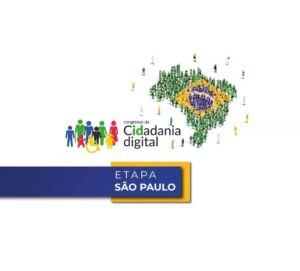
The Public Security Secretariat of Piauí (SSP) has introduced an innovative project called Neonatal Identification, aimed at identifying and issuing identity cards for newborns directly in the maternity ward. The Proof of Concept was conducted on Thursday (23), with the participation of the Félix Pacheco Digital Identification Institute, responsible for implementing the initiative.
The objective of the Neonatal Identification project is to use specialized equipment to collect newborns’ fingerprints. This allows for the simultaneous registration and issuance of the National Identity Card (CIN) at birth. This practice seeks to prevent baby abductions and mix-ups, as well as to ensure that all rights and citizenship of children are secured from their earliest moments of life.

Public Security Secretary Chico Lucas emphasized the project’s significance, highlighting that many newborns previously left maternity wards without any registration. “Newborns who left maternity without a birth record will now leave not only with their registration but also with their Identity Card, ensuring greater citizenship,” he stated.
The technology used in Neonatal Identification enables the collection of the baby’s fingerprints, ensuring a secure linkage of the baby’s data with the mother’s. This information is stored in a dedicated platform, ensuring data security and traceability. Marcelo Mascarenha, Director of the Identification Institute, noted that the technology adopted is essential for the integrity of the information.
Isabel Fonteles, coordinator of the Pact for Children, added that the project is crucial for newborns to gain access to public health and education policies from their earliest days. The pilot project is being developed at the Dona Evangelina Rosa Maternity Hospital, the largest in Piauí, nationally recognized for its excellence in neonatal health.
With information from CCOM/PI




